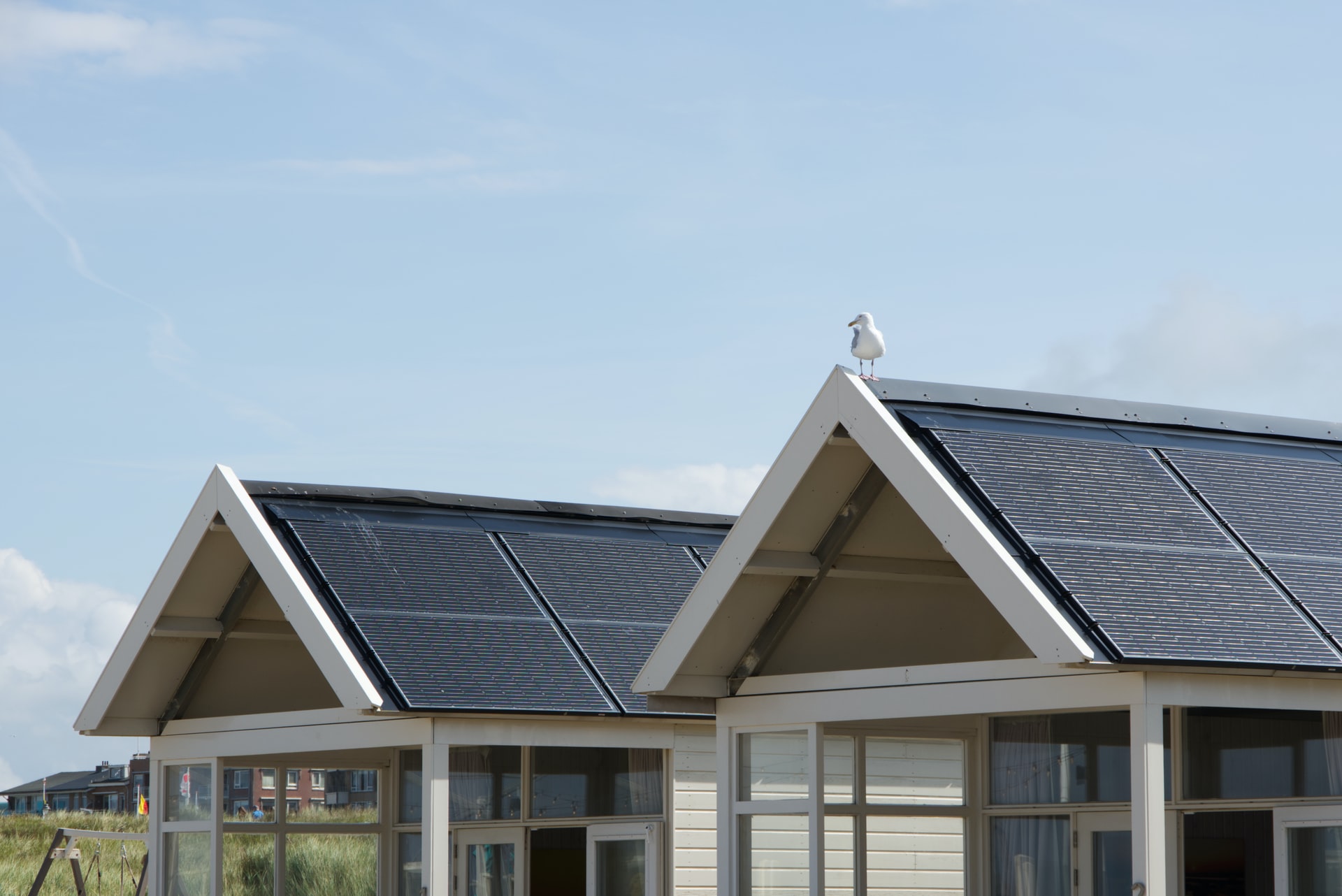Apart from regularly comparing energy deals, another way to ensure that you never overpay for energy is to make sure that a regular gas and electricity meter reading is given to your energy supplier. Taking readings from your electric or gas meter at least once every 2 months will ensure that your energy bills are calculated using your actual usage rather than leaving the guesswork to an energy company.
When meter readings are given, your statements should always reflect the actual cost of the energy you used in a billing period and should show the actual readings given to your supplier. Most suppliers have facilities to accept electricity and gas meter readings over the phone or via an online account.
It is especially important if you’re with one of the Big Six suppliers like E.ON, EDF or British Gas that you give regular meter readings because you’ll generally be on a tariff that has a higher unit rate. When bills are calculated on estimates it can lead to underpaying for your monthly gas and electricity usage which may mean that you’re left with a large debit on your account when your actual usage is eventually determined or once meter readings are taken. This means that you may be unable to switch to a cheaper electricity and gas supplier until the debit balance is settled.
It’s in the best interest of the customer and supplier to keep the balance of the energy account as close to zero as possible so suppliers will also generally adjust the set direct debit amount every 6 months. If your accurate usage is being recorded, any credit that has built up can be claimed back or can be used as a credit on your account to cover increased usage in winter. There is also less chance of a large electricity and gas debt balance building on your account.
How estimated bills are calculated
Estimated bills, which are almost always inaccurate are generated by taking into account the energy you’ve used since the last meter reading or your assumed usage since the last bill - if you’ve never supplied an electricity or gas reading. In cases where meter readings are not received, the supplier uses industry generated data taking into account one or more of the below into account:
- The amount of gas and electricity used in your home over the last 3 years.
- Your historical energy usage based on the meter readings you have sent.
- The time of year taking into account the winter uplift (it is assumed that your winter usage will be higher than your summer usage).
- Weather forecasts and weather history for your region.
Estimated bills could also lead to overpaying for your usage in your monthly direct debit. Any amounts you overpay can be claimed back of-course but suppliers are only required to send a meter reader around every 2 years, usually contracted by meter reading companies, so it may be a long while until any errors with your gas and electricity readings are picked up. When you submit meter readings, the supplier knows from month to month exactly how much you’re using and can bill you accordingly.
Just moved into a new home?
As you submit your readings every few months they are added to an industry database and applied to a usage profile for your meter number. An energy supplier will generally use this usage profile when estimating your electricity and gas usage, not immediately taking into account any changes or efficiencies that have come into play (solar panels, insulation, an extra or one less occupant) or when you used most of your energy depending on whether you’re on a Standard or an Economy 7 Tariff, which charges at different rates during peak and off-peak periods, so it’s especially important to give meter readings as soon as you’ve moved into a new home.
It’s also important to let your supplier know when you move out of any property to avoid paying for gas and electricity that a new tenant may have used.
How to read a Gas or Electricity Meter
Gas and electricity Meters vary and may display differently depending on the meter type or if you have an Economy 7 tariff which logs your day and night usage. We've written a great article on how to read your meter. For more information, click here.
So, what are you waiting for?
- We save you more time and money than comparison sites and our free competitors. And what’s more, you’ll only be charged for our service if and when we get you a saving of £50 or more.
- Its quick to sign up, then hassle-free thereafter.
- Auto switching is for those who want to save money, but don’t have the time or patience to keep switching. If you want to save money hassle-free, auto switching may well be for you.




